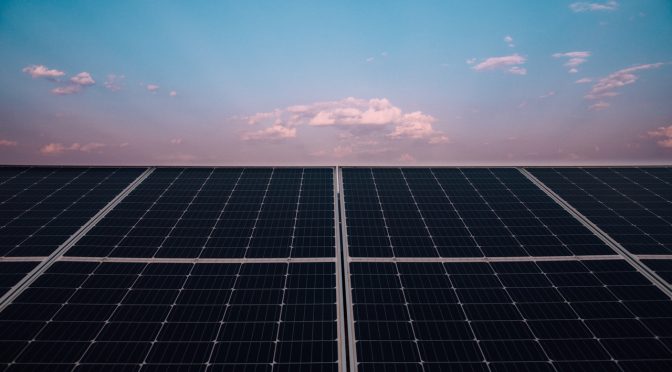
The increase in the import tax on photovoltaic solar panels, announced by Brazil in 2023, puts at risk the installation of 18 GW of solar plants, responsible for 540 thousand green jobs.
This was stated by Rodrigo Sauaia, general director of ABSOLAR (Brazilian Photovoltaic Solar Energy Association), in an interview with Canal Solar.
According to Sauaia, the decision was made due to pressure from national manufacturers who want protectionist measures against the import of photovoltaic equipment to the Brazilian market.
For Sauaia, however, the measure will not resolve this issue, on the contrary: it harms Brazilian consumers and the vast majority of the solar sector, benefiting only a small group of national manufacturers already installed in Brazil.
According to him, today national manufacturers produce less than 5% of what the photovoltaic market needs, with prices up to 50% more expensive than international products.
“These measures go against the effort to accelerate the energy transition in Brazil, because they put current investments in the sector at risk and threaten to destroy thousands of jobs created in the last decade,” he stated.
In November 2023, ABSOLAR made a map with the 122 ex-tariffs most used by small, medium and large solar energy entrepreneurs and the document was delivered to the MDIC (Ministry of Development, Industry, Commerce and Services).
The association recommended that the Federal Government not eliminate exemptions on these specific components. However, according to Sauaia, Pasta chose to cancel 56 of the 122 former tariffs listed by ABSOLAR.
“We had a meeting with Geraldo Alckmin, minister and vice president of Brazil, with his secretaries and his team. There we explained that for these projects – most of which are larger – there is a risk that is related to access to financing,” he said.
“The financial banks need the former tariff to guarantee the financing of the projects. If the Federal Government lowers the ex-tariff, the centralized generation company loses financing, loses the financing guarantee, or that financing runs the risk of not being given due to lack of that ex-tariff,” he said.
The Federal Government’s decision could hinder the implementation of the Lula Government’s strategic programs, such as the inclusion of solar energy in popular housing within the framework of the Minha Casa Minha Vida Program, the inclusion of solar energy in public buildings (such as schools and hospitals). , the decarbonization of the Amazon and the diversification of the Brazilian electricity matrix.
“This measure ends up being a shot in the foot, because the Government takes a measure that could harm the Government itself by developing and using solar technology, increasingly strategic, to strengthen social and government programs, which can be supported by this technology once again. big difference in favor of Brazil and the population,” he stated.
Most suitable solution
According to Sauaia, the way in which the Federal Government wants to promote the national industry is far from the most efficient. “This is a strategy that does not give the expected results. Several other countries have already followed this path and regret having followed it,” he said.
For Sauaia, the best way to develop the national industry would be to establish a competitive industrial policy, based on the creation of incentives to attract manufacturers, such as differentiated financing from the BNDES (National Bank for Economic and Social Development) for products manufactured in Brazil. .
“In addition, it would be important to have fewer taxes on raw materials and industrial machinery so that these factories are installed in Brazil, with lower prices, more competitive public purchases of solar equipment manufactured in the country,” he stated.
In this sense, to minimize possible damage to Brazilian society, Sauaia said that ABSOLAR recommends to the Federal Government that a deadline be established, until the second half of 2024, for the inauguration of new national photovoltaic equipment factories affected by the measure.